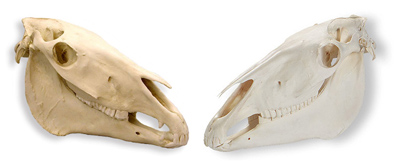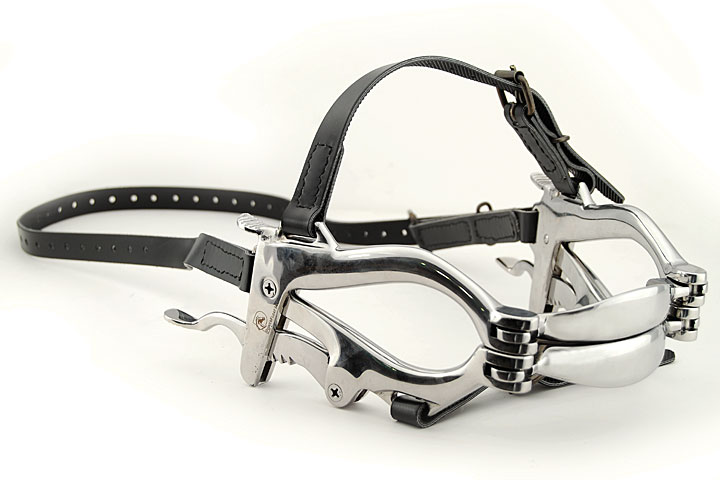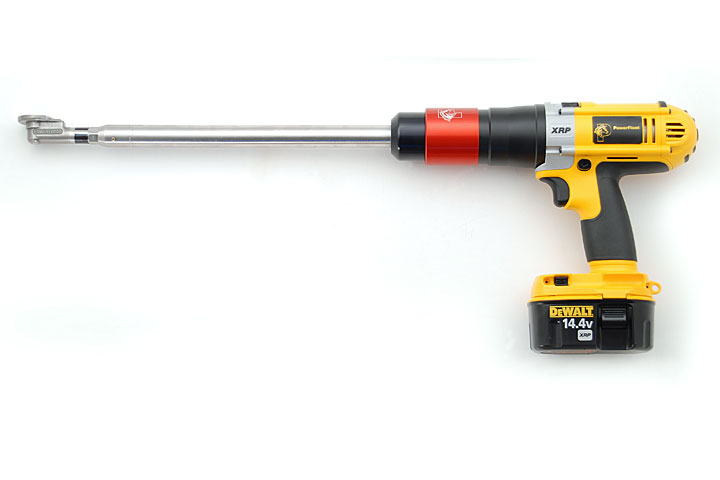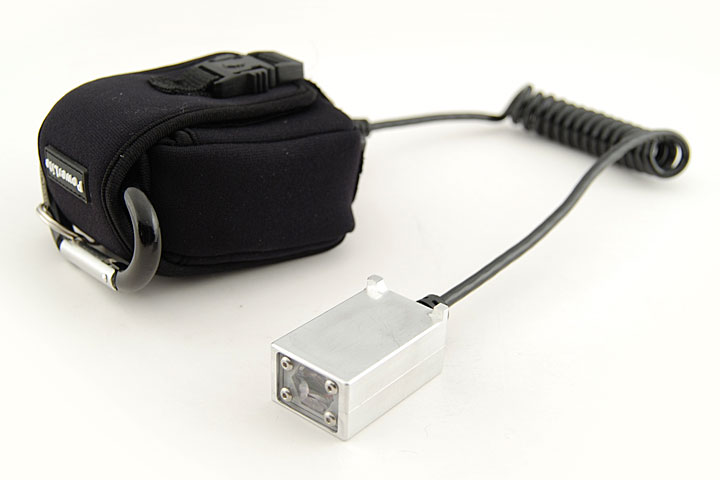Routine Dentistry
Horses need regular preventive dental maintenance. Unlike people, horses' teeth have an eruption rate of two-three mm per year. The teeth should wear in correspondence to yearly eruption rate.
In the wild, the horse travels 10-20miles per day. During this daily journey, they consume soil and plant materials that will help to keep their mouth in proper alignment and their teeth worn without points. In domestication, we cannot provide enough variety required to replicate this process. For example, the more time a horse spends grazing, the more "natural wear" occurs in their mouth. On the contrary, horses that spend most of the day in a stall may require more than one dental exam/float in a year.
Malocclusions, or improper position of the teeth, can lead to many health issues and behavioral problems. Identifying dental problems as early as possible is important.
Listed are some of the more common dental problems recognized by most owners:
1. Loss of food while eating, difficulty chewing, or excess salivation
2. Finding excessive amounts of grain in the water bucket
3. Finding lots of wads of hay in the stall or pasture in area where the horse eats
4. Finding large undigested food particles in manure larger than one quarter inch
5. Behavioral issues when bridling or riding, such as: head tilting or tossing; bit chewing; tongue lolling; tries to rear while bridling; fighting the bit or resisting the bridle; bucking or failing to stop or turn
6. Noticing a foul odor from the mouth or nostrils; traces of blood in the mouth; nasal discharge or swelling of the face
Some horses may not show noticeable signs, because they just simply adapt to their discomfort and the problem may only be discovered upon examination by your veterinarian.
Dental exams are the most important technique to determine the over-all health of your horse's mouth. During our exam, we will look for any pathology in your horse's mouth, assess the wear, shape, and eruption of the teeth, and evaluate the lips, tongue and cheeks as well. Your horse is never too young or old for a dental exam!
Dental floating involves filing down the points and sharp edges of the teeth, re-aligning or restoring the teeth to a more "natural state", and overall, making the mouth more comfortable for your horse to eat, chew, and perform with a bridle and bit. We choose to use motorized dental equipment (Power Float) to accomplish this task. We feel it enables us to do a more thorough procedure on your horse and allows for more precise correction of dental defects found during our examination. We use a full mouth speculum equipped with a light, a specialized dental halter to position your horse's head, and a rotary cordless Power Float. In order to ensure safety to all involved, we prefer to lightly sedate our patient's during this procedure.
  
The cost of dental floating varies depending on the amount of dental work required to re-align your horse's mouth. We are more than happy to discuss this procedure in depth with you. Please call our office with any questions you may have.
|